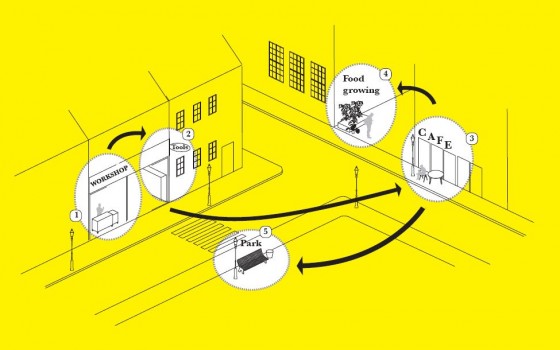DAAD, 2014 – 2017
Ivan Rabodzeenko
Strategic temporary use of vacant properties as a tool to deal with areas in decline: looking at European examples
Although urban vacancy can be seen as an issue, it can also provide an opportunity for financially weak actors to engage in the process of urban development, creating more sustainable and people-centered spaces.

Recently there has been inceased policy interest in the concept of temporary use as well as development of many state-backed projects in vacant spaces, increasing its perceived value and importance for urban planning.
The research looks at civil society-led projects in these spaces, focusing on the role of the central and local governments in their development. In addition to looking at governance arrangement and emerging power dynamics, the research adapts a quantitative approach and attempts to develop a model for quantifying value and impact of these projects including the effects on the surrounding area and its community.
The research focuses on a network of projects in two small areas of Leipzig (Germany) and Sheffield (UK), which have both been through a period of shrinkage and decline and have similar urban characteristics and development patterns.
The doctoral thesis is funded by German Academic Exchange Service (DAAD).
Ivan Rabozeenko
ivan.rabodzeenko@mailbox.tu-berlin.de
Room A 409
T + 49 – 30 – 314 – 21908
F + 49 – 30 – 314 – 2190